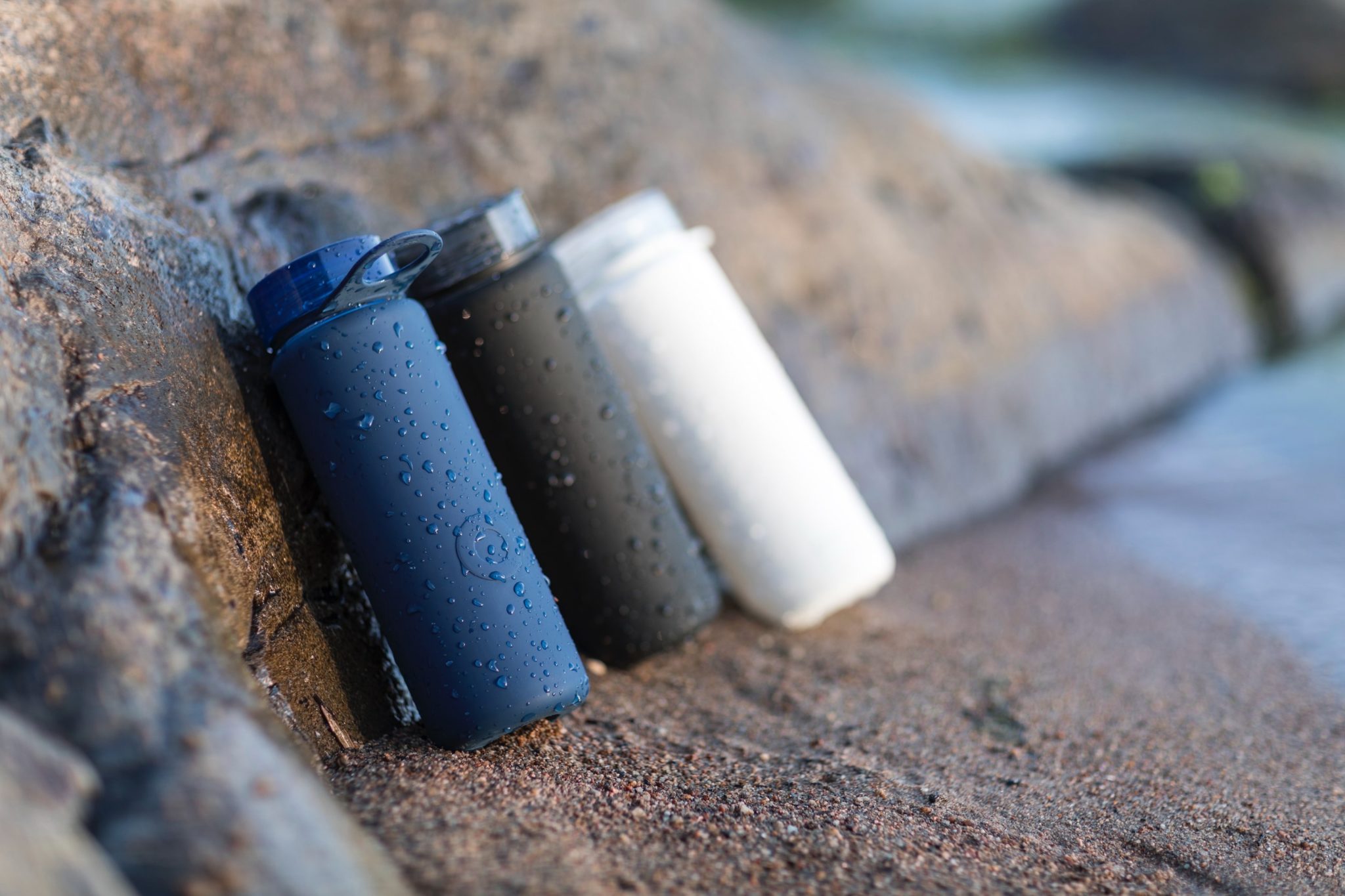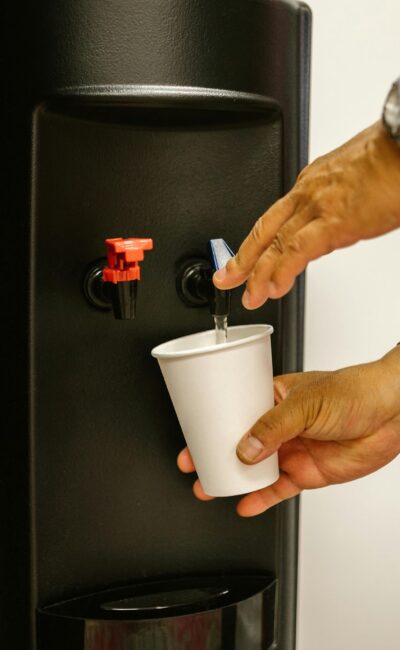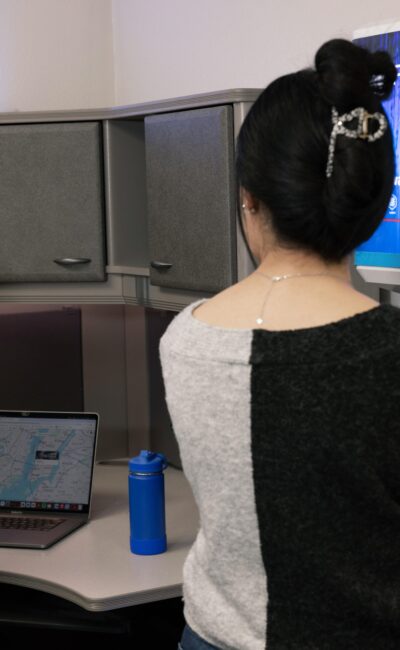Event planning takes careful coordination of many pieces coming together in one seamless way. Though it can be chaotic, with the right preparedness and resources, the details all come together to create a memorable event.
Whether you’re planning an event for 50 people or 500, staging the security, safety, and operational needs to pull off an event without a hitch can be challenging. Every company or event planner should have a checklist when setting up an event to make sure everything is covered. The last thing you want is guests wondering where is the water machine near me. Here are the top 10 elements to consider when planning an event to ensure a smooth-flowing experience and a deeper look into how a public water filter system like FloWater can help.
#1: Budget Planning
All other event elements come into play after first setting a budget. This step involves calculating the expenses, costs, and the return a company or organization hopes to achieve from the event. It’s helpful to break down the budget into categories and assign a dollar amount to each area as sourcing vendors begins. Fixed costs include venue, security, and entertainment, while variable costs include items like food, drink, and staffing.
However, there can be a fixed cost for hydration stations. One of the reasons why a safe water filter system is preferential for events is due to its sustainability. This type of solution eliminates the need for ordering cases of bottled water and significantly reduces the amount of plastic waste for the event.
Plus, the FloWater Refill Station holds seven gallons of purified drinking water at all times and is available for attendees on demand. The technology delivers fast replenishment every time water is dispensed to automatically refill the tank. Each person who fills up receives perfectly chilled, purified water. If you are wondering, “What is purified water, and how does it compare to filtered water?”, we have the answer for you.
#2: Fresh Water Accessibility
Accessibility to fresh drinking water is essential, especially if the event is being hosted outdoors. To prevent dehydration, heat exhaustion, and the side effects that come with both, having a safe water filter system in place is one of the first things to consider. Deciding where to station this water supply to make it most convenient for guests is part of the initial planning phase when mapping out event logistics.
The FloWater Refill Station transforms tap water into chilled, clean water that is filtered through a proprietary 7x Advanced Water Purification System. Unlike other event water systems, it gives every attendee continual access to water with zero latency, without adding to the amount of waste large-scale events often produce. Furthermore, the speed of the Refill Station also prevents lines from forming, allowing people to fill up and be on their way quickly and conveniently. It’s specifically designed to accommodate a high capacity by holding seven gallons of filtered water at all times that is dispensable on demand. Even those with larger bottles can experience the ultra-rapid refill feature in under 10-seconds. FloWater’s system is also self-sanitizing and removes up to 99.9% of bacteria, viruses, heavy metals, and microplastics. The result is amazing tasting water that hydrates event attendees in a sustainable way.
#3: Venue Selection
Securing a venue is also part of the initial planning phase. Consider the goal of your event and how many attendees are expected. For example, a corporate retreat requires different elements than a multi-day music festival, which differs from what’s needed for a store’s grand opening.
For concerts and other large-scale events, where is the seating in relation to the main stage? How should concessions and other vendors be set up? Ensuring there’s enough room for people to comfortably move about while also adhering to fire code safety is essential. Additionally, with current health precautions in place and increased social distancing measures still a factor, it’s extra important to map out the spacing of events to accommodate attendee expectations.
For a store’s grand opening or smaller event, there’ll be limited capacity, as well as a rotating number of guests coming in and out throughout the day. Regardless of size, by dividing venues into quadrants, you can position a safe water filter system, concessions, and other vendors to accommodate people in certain areas so there’s not a congregation in one section of the event for too long.
#4: Booking Talent
Booking “of the moment” talent is another key element of a successful event. It’s one of the first items to cross off the list, as entertainment will become a crucial part in marketing and selling tickets for the event. Since you’ll want to confirm an impressive lineup for your audience, connecting with booking agents early will help secure your first-choice options for the event.
Always make sure you have agreements in place, which clearly outline the commitment, and have a pool of backup performers or speakers to choose from in case there’s a last-minute cancelation or switch. It’ll keep you from scrambling to secure the talent you want most.
#5: Securing Vendors
Depending on the type of event you’re hosting, there are several vendors to coordinate with as well. Everything from sound systems to seating setup requires a vendor to make sure the event accommodates everyone as needed. Creating a good balance of vendors is important when managing both a budget and a variety of diverse needs.
For example, when it comes to food, will the event be catered by one company? Or, will there be individual food tents, each with their own cuisine and contract? In addition to choosing vendors, securing logistics for each day of the event is important too. The timing of vendor setup, what permits are necessary, and other coordination takes time to map out before diving into the launch day of.
#6: Hiring Staff
The bigger the event, the more staff you’ll need. From the moment a guest arrives at the venue to the time they leave, there are different touchpoints they’ll make. Security, seat ushers, and other types of roles all working together create a smoother event.
Many times events save money by hiring volunteers. Setting aside time for training and a walk-through preview is important for everyone to be on the same page as to where they need to be on the day of the event.
#7: Branding and Partnerships
Hosting an event is a prime chance to put your brand front and center and build partnerships that align with your company’s initiatives. Sponsorships can help with budgeting as well by providing resources you need in return for the promotion you’ll provide. For instance, FloWater can help with co-branding opportunities and provide reporting metrics to evaluate the return on investment post-event.
#8: Sustainability
Event planners want ways to lower their carbon footprint to attract a younger demographic. Most people put a high value on organizations and brands that support environmentally friendly initiatives. They are making buying decisions as a result.
In the past, sporting events and concerts have been notorious for the amount of single-use plastic water bottles sold and discarded. Replacing this habit with the concept of filtered water dispensed from FloWater Refill Stations automatically eliminates this source of plastic waste while offering ample event hydration. It also provides another branding opportunity for companies that offer reusable water bottles. They’re popular items for any type of full-day event where hydration is key. FloWater also offers empty or pre-filled aluminum vessels as a low-cost way to replace single-use plastics, generate revenue for the event, and also provide a sustainable solution for event attendees who do not have a refillable container. After all, accessible water for events is a must.
#9: ADA Compliance
Another key element of events is following protocols to ensure an event is ADA-compliant. From parking to restroom accessibility, planners will want to take all measures necessary to create inclusivity for attendees and further include these features on any event map. This includes the same accessibility to fresh water. The FloWater Refill Station meets ADA touch compliance, which allows all attendees to benefit from the advanced water filtration system that delivers great-tasting water.
#10: Planning for Cleanup
Lastly, part of planning for an event is knowing what to do after it’s over. After the event shuts down, how many volunteers do you need to help? Who is responsible for taking down tents, chairs, and seats? With regards to using FloWater Refill Stations, cleanup is easy.
Setup is performed by FloWater’s certified technicians who are located closest to your service area. Plus, the slim design and self-sanitizing features mean minimal maintenance during the event when it comes to cleanliness and operations. The Refill Station’s internal drain system and powerful drain pump prevent a buildup of germs and mold from standing water. There’s also a catchment tray placed above the drain line to prevent dirt or debris from clogging the drain.
Implementing the FloWater Difference for Your Event
Prioritizing which elements are necessary for your event will keep things organized and on track. With so many moving parts, it’s helpful to segment tasks into specific categories and delegate as needed. Fortunately, FloWater meets many of the needs of event organizers.
As a sustainable water dispensing solution, FloWater’s water filtration method accommodates large crowds, dispenses quickly to eliminate long lines and wait times, and eliminates costly single-use bottle waste. There is also real-time data available that shows how many plastic bottles are saved as a result of using the Refill Station. Plus, there are reporting metrics, including sustainability markers, allowing organizers to evaluate ROI. The result from this water purification system is a sustainable, convenient, and cost-effective way to supply chilled, safe drinking water to a crowd, regardless of event size.
It doesn’t matter if it’s a sports function, company team building event, or a large-scale concert or music festival, the accessibility, quality, and value FloWater provides is unmatched. FloWater addresses many of the things people have come to expect when attending an event, including advanced technology, sustainability, and supplies on-demand.
As you make a list of the elements needed for planning your next event, providing an accessible water source like these hydration stations with this level of convenience elevates the attendee experience and should be near the top of the checklist.
Sources:
“Ultimate Guide on How to Plan, Organize, & Host Any Event.” National Association for Catering & Events. https://www.nace.net/ultimate-guide-on-how-to-plan-organize-host-any-event/
“Festival Planning Checklist.” SignUpGenius. https://www.signupgenius.com/groups/festival-checklist.cfm





